Nutrients come combined with thousands of others, interacting, complementing each other, changing the way they work.
New York, June 2, 2019: Matthew Grant tried diet after diet to help lessen the food allergies of Cooper, his old English bulldog. “Raw diet, novel protein, kangaroo, venison, we tried just about everything,” he says. Nothing worked, until he went vegan.Now his three dogs are on plant-based diets, and he says their coats are shinier and softer. Cooper’s allergies are completely gone. So remarkable was the change that Grant says he’s now thinking about going vegan himself.
As more vegetarian kibble shows up in pet stores, switching Fido and Fluffy to plant-based nutrition may seem like a good idea. According to a study published this year in PLOS One, over a third of pet owners in English-speaking countries, the United States included, have considered putting their pets on plant-based diets.Yet experts warn to be cautious. The science is sparse. While going plant based or at least forgoing meat, may be healthy for humans, it’s not necessarily so for our furry friends,and for cats in particular. Lisa Freeman, veterinary nutritionist at Tufts University, believes the answer to whether cats can be healthy on a vegetarian diet is an “unequivocal no.”Unlike dogs, cats are obligate or “true” carnivores, meaning they rely entirely on animal flesh for some important nutrients.
Take vitamin A: dogs and humans can convert beta carotene from plant foods into active vitamin A. Cats cannot — they need to ingest the vitamin directly with meat. “There are also some fatty acids, like arachidonic acid, which is essential for cats and only found in animal fats,” says Jennifer Adolphe, animal nutritionist at the University of Saskatchewan. Other challenging nutrients are vitamin D, vitamin B12 and taurine, an amino acid found in mammalian tissues (humans and dogs can synthesize it from plant sources). Taurine deficiency in cats can cause heart disease and vision problems. Yes, it’s possible to whip up a cocktail of supplements and sprinkle it over your cat’s porridge. But, Adolphe warns, “you wouldn’t want to just simply add those ingredients and hope for the best.”Unlike dogs, cats are obligate or “true”
It’s therefore likely that dogs digest starch more efficiently than wolves,” says Erik Axelsson, geneticist at Uppsala University in Sweden, who led the study.But this does not mean you can put Fido on vegan chow without a second thought.“There are some amino acids that are essential for dogs, that are not so for people,” says Heinze, adding that plants tend to be poor in these particular amino acids.
(Story by Washington Post)
To read more, subscribe to Buddy Life!


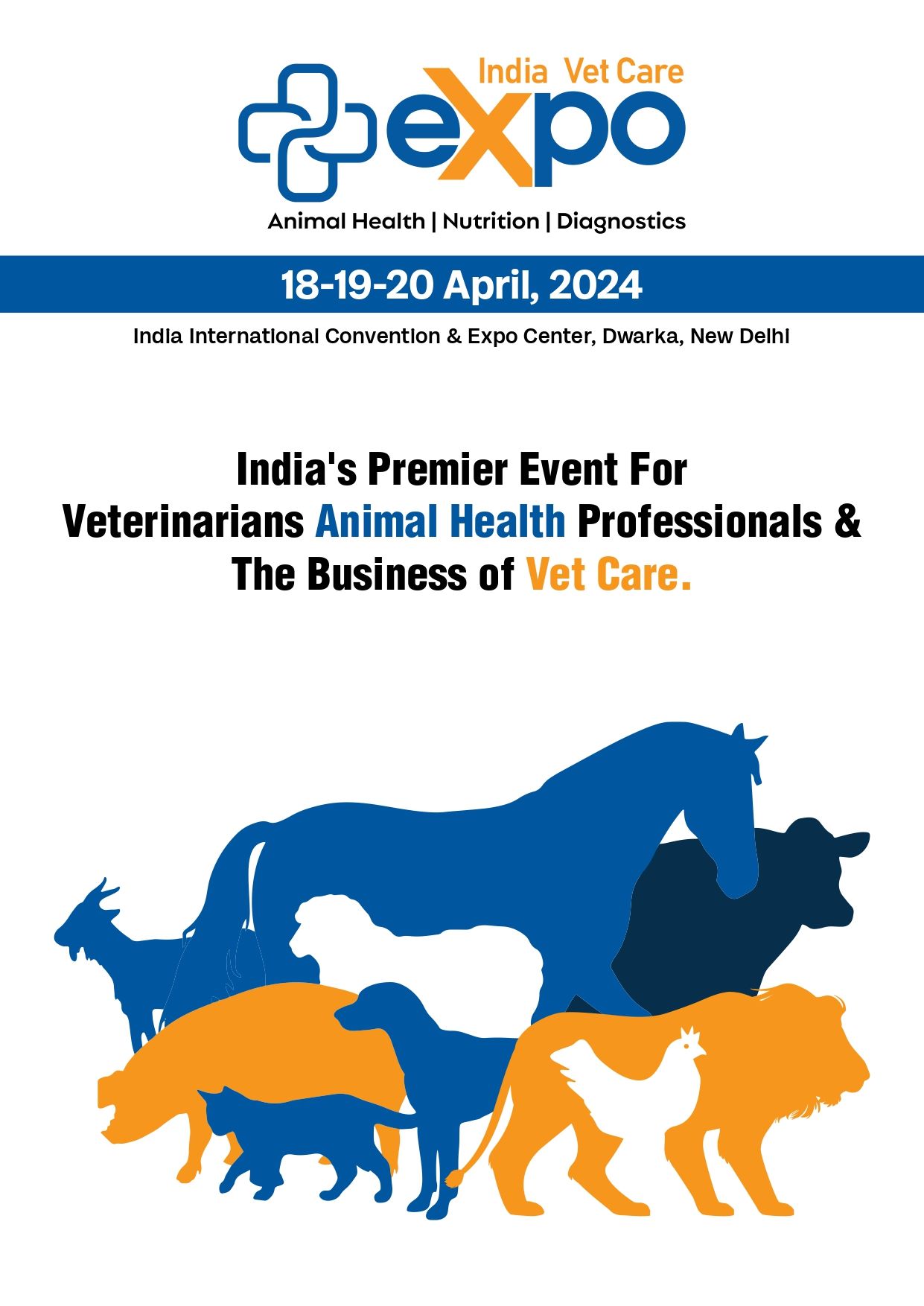
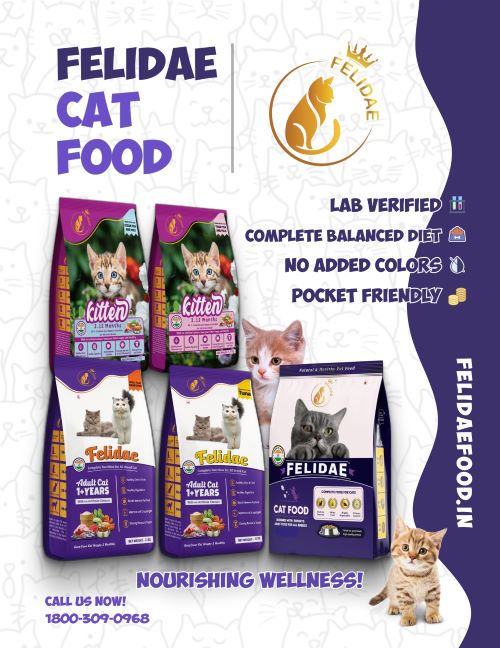
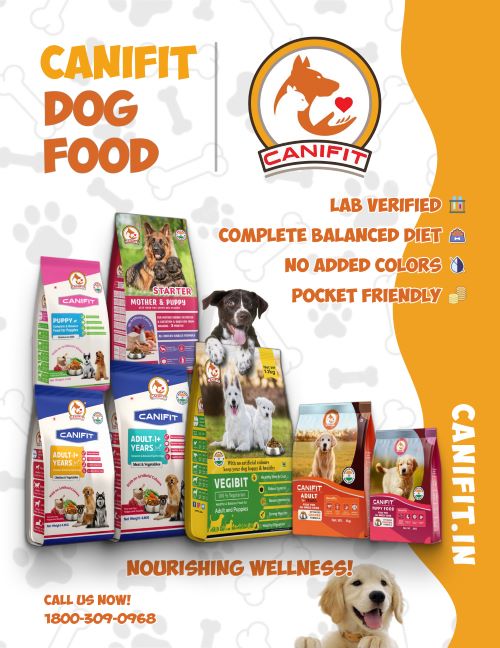

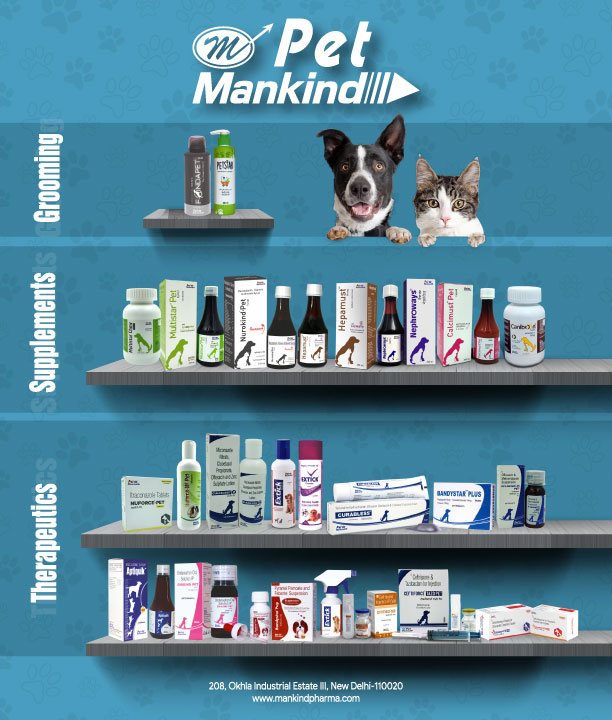
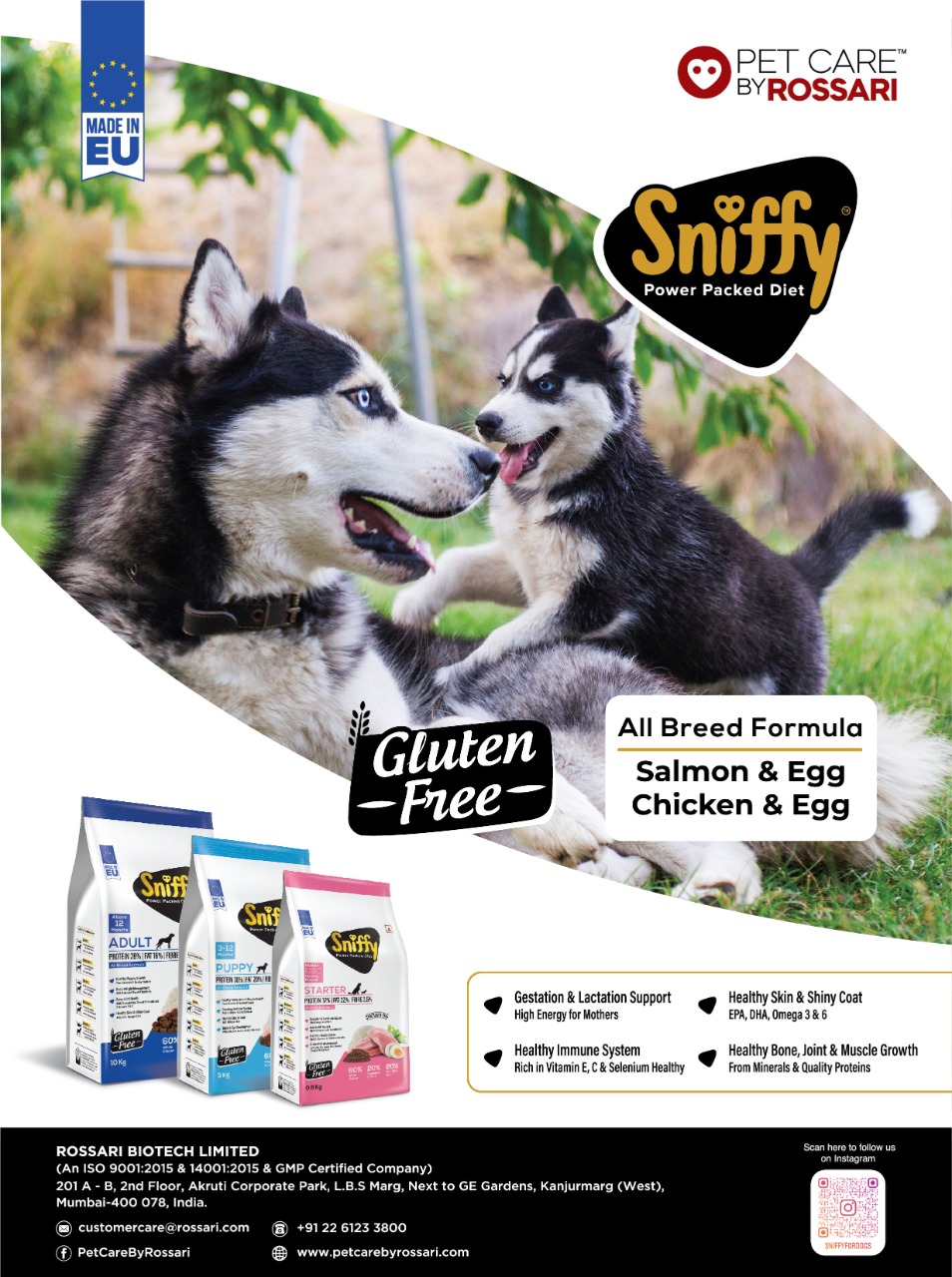
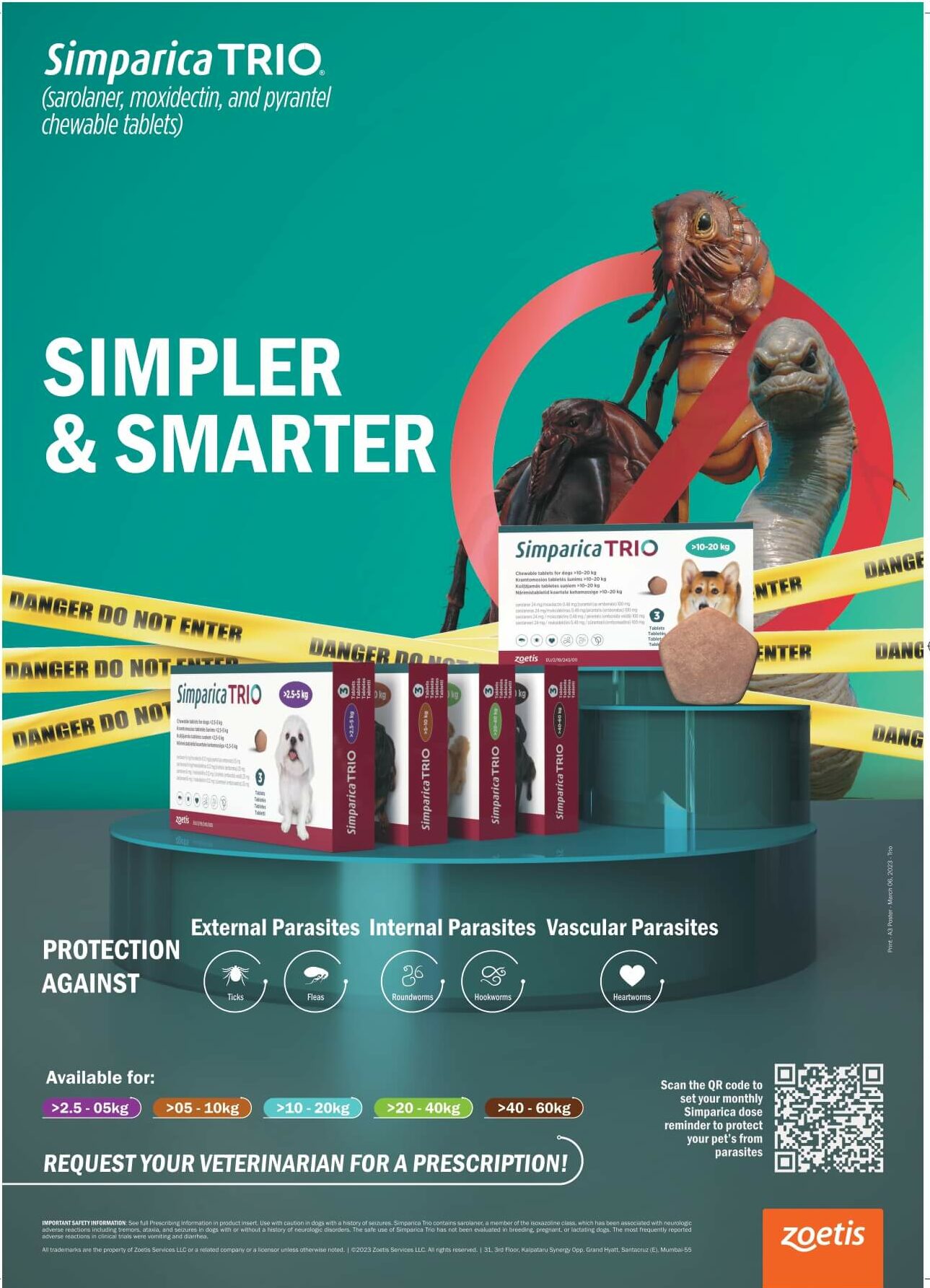
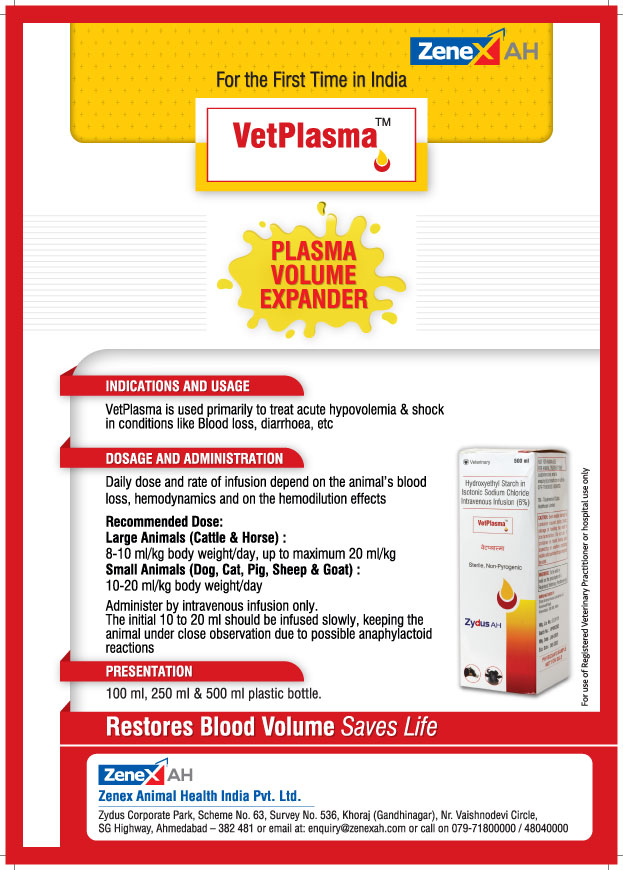

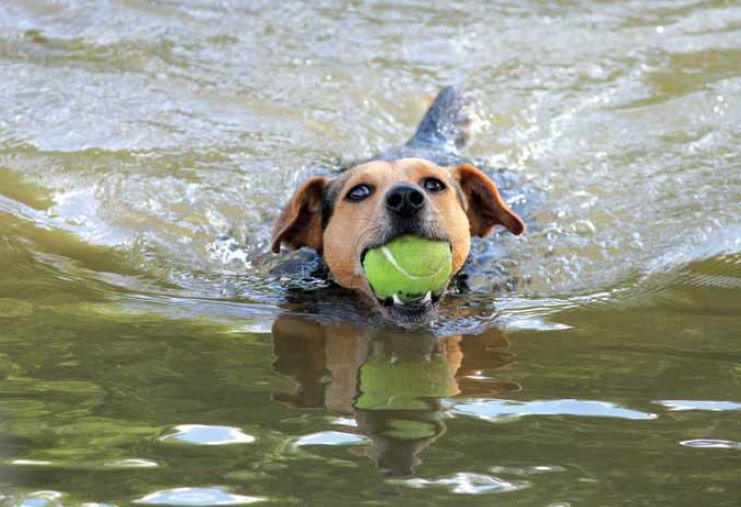 " >
" >
 " >
" >